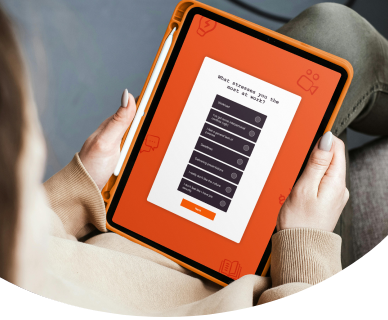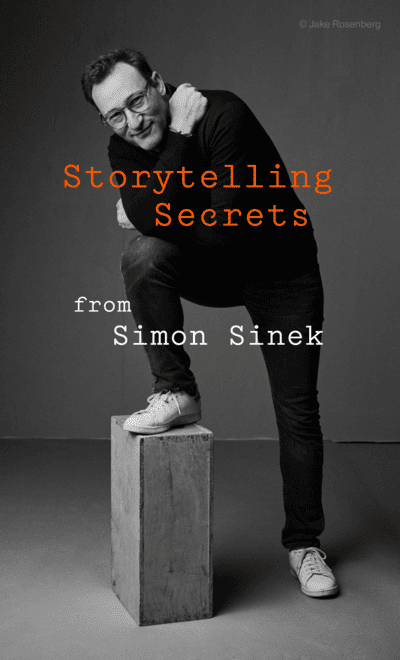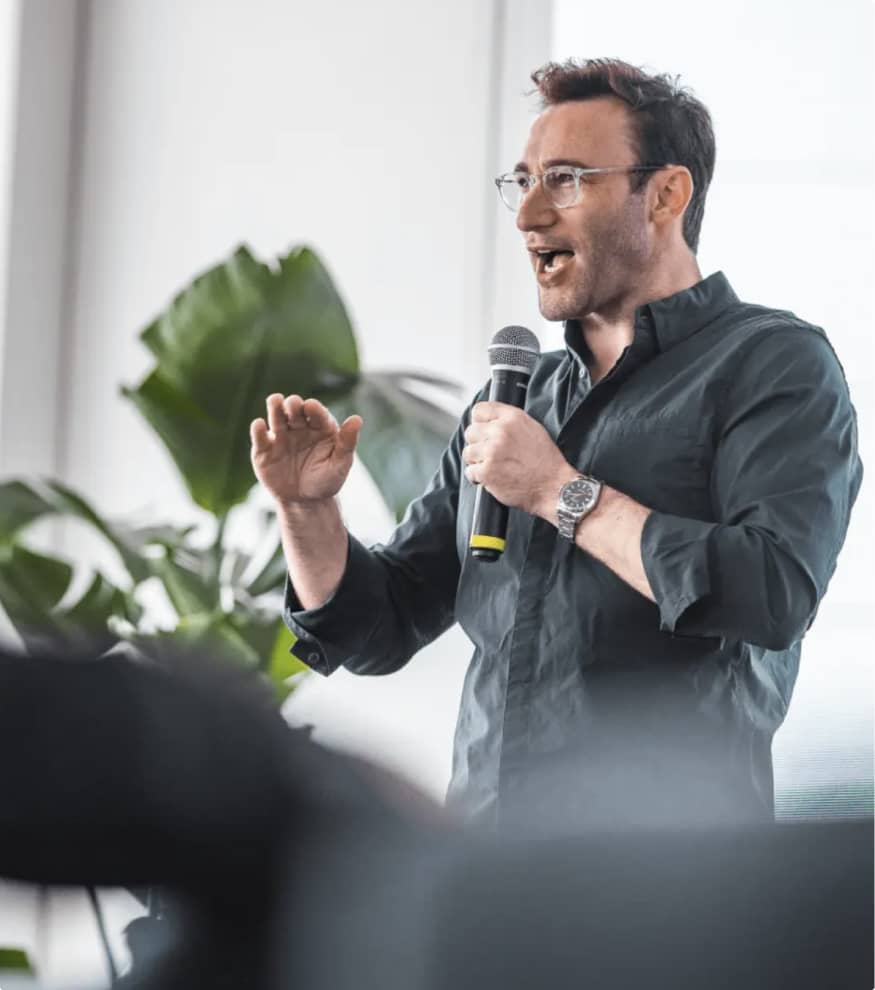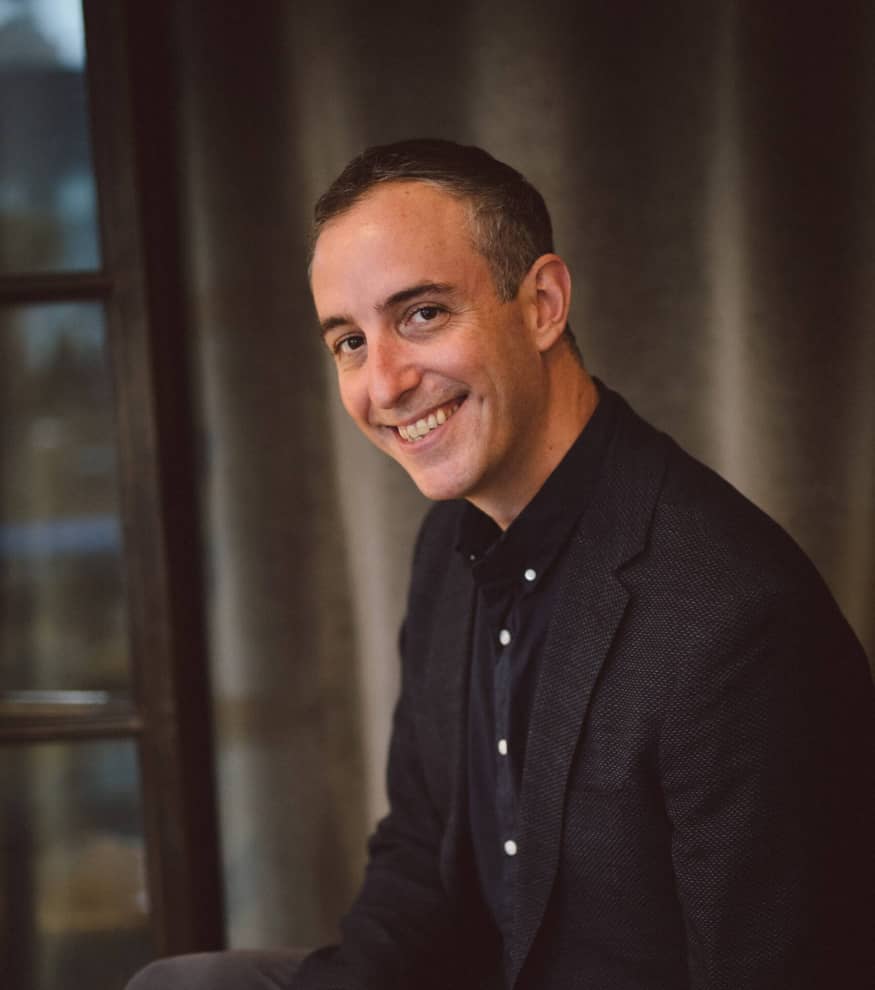Picture this: You’re scrolling through your phone on a Saturday morning, already feeling the weight of the week ahead pressing down on your chest. Your mind is racing through your to-do list, replaying last week’s stressful moments, and somehow managing to worry about Monday’s meetings all at the same time. Sound familiar?
We’ve all been there. But what if we told you that one of the world’s leading happiness experts has a simple practice that could help you, and it only takes half a Saturday?
When Google’s Former Chief Business Officer Discovered the Power of Doing “Nothing”
Mo Gawdat is more than your typical happiness guru. The former Chief Business Officer of Google X—the guy who helped open Google’s businesses worldwide—knows a thing or two about the relentless pace of modern life. But after experiencing unimaginable loss and depression despite his massive success, Mo discovered something profound: sometimes the most productive thing you can do is appear to do nothing at all.
In a recent episode of A Bit of Optimism, Mo shared what he calls his “Saturday practice,” a simple routine that has become the cornerstone of his happiness philosophy.
The Magic of Saturday Until 2 PM
Here’s Mo’s game-changing approach: “Most Saturdays, my alarm clock is set to 2:00 PM. Doesn’t matter when I wake up, but I am in reflection mode until 2:00 PM.”
But this isn’t just lounging around (though honestly, that sounds pretty great too). Mo has turned this time into what he calls “mini silent retreats.”
“I’m completely alone,” he told Simon. “No interaction with time pieces. So I don’t know what time it is. No interaction with the internet. No interaction with news. I’m not checking my WhatsApp. I’m completely with my little remarkable, or paper and pen. And basically thinking.”
The Stress Audit That Actually Works
During these Saturday sessions, Mo does something most of us avoid like the plague: he actually deals with his stress head-on. But not in the way you might think.
“I do a stress stock taking, basically I write down everything that stressed me the week before and I basically scratch out the shit that I don’t want to stress me the next week.”
So… you can decide what gets to stress you? According to Mo, absolutely.
“For example, you know, this annoying friend that’s constantly negative will probably receive a text saying, ‘Hey, can we make our interactions a little more positive or maybe make them less?'”
The man literally addresses his stressors one by one. That friend who always complains? That meeting that serves no purpose? That news app that sends you into a doom spiral? He tackles them systematically, like a happiness detective solving the case of his own wellbeing.
Meet Becky: The Technique That Silences Your Racing Mind
But Mo’s Saturday practice gets even more genius. He’s developed what he calls the “Meet Becky” technique, and we’re slightly obsessed with it.
“I call my brain a third party name. Becky was the most annoying girl in school. So literally, you know those people that walk to you all the time and just say annoying things and then walk away with no solutions? That’s your brain.”
Here’s how it works: Set a timer for 20 minutes. Write down every single thought your brain throws at you. But with one crucial rule: no idea gets repeated twice. Mo explains what happens next:
“I guarantee you, normally around minute 11 or so, you go like, ‘so what else?’ And your brain goes like, ‘um, that’s it really.’ And it completely runs out of ideas. I promise you this is as close to heaven as you’ll ever get. Total silence.”
The result? “A few minutes later it starts to tell you nice things… It’s run out of crap.”
Why This Isn’t Just Another Self-Care Trend
Look, we know what you’re thinking. Another wellness guru telling us to meditate and journal? But here’s what makes Mo’s approach different: it’s ruthlessly practical.
This is about more than achieving some zen-like state. It’s about recognizing that “we think that life should be stressful, especially busy ones because, you know, it’s a trophy.” But what if that trophy is actually weighing us down?
Mo puts it perfectly: “You become more productive with silence sometimes. You become more productive by doing nothing sometimes.”
The Science Behind the Silence
What Mo discovered aligns with what neuroscience has been telling us for years. Our conscious brains can only process about three feet of information around us, but our subconscious brains have access to the equivalent of about 11 acres. When we’re constantly “thinking,” we’re actually limiting our problem-solving capacity.
This is why our best ideas come in the shower, during walks, or in those quiet moments when we’re not actively trying to think. Mo’s Saturday practice creates intentional space for this kind of processing to happen.
Your Saturday Challenge
So here’s our challenge to you: try one Saturday until 2 PM. Not the full 40-day silent retreat Mo does annually (though if you’re feeling ambitious, go for it), but just one Saturday morning of what he calls “the activity of doing nothing.”
Set your alarm for 2 PM. Put the phone away. Grab a pen and paper. Do Mo’s stress audit. Try the “Meet Becky” technique. See what happens when you give your brain permission to empty itself out.
As Mo says, “Everyone can” find this time. It’s just a matter of choosing to prioritize it.







